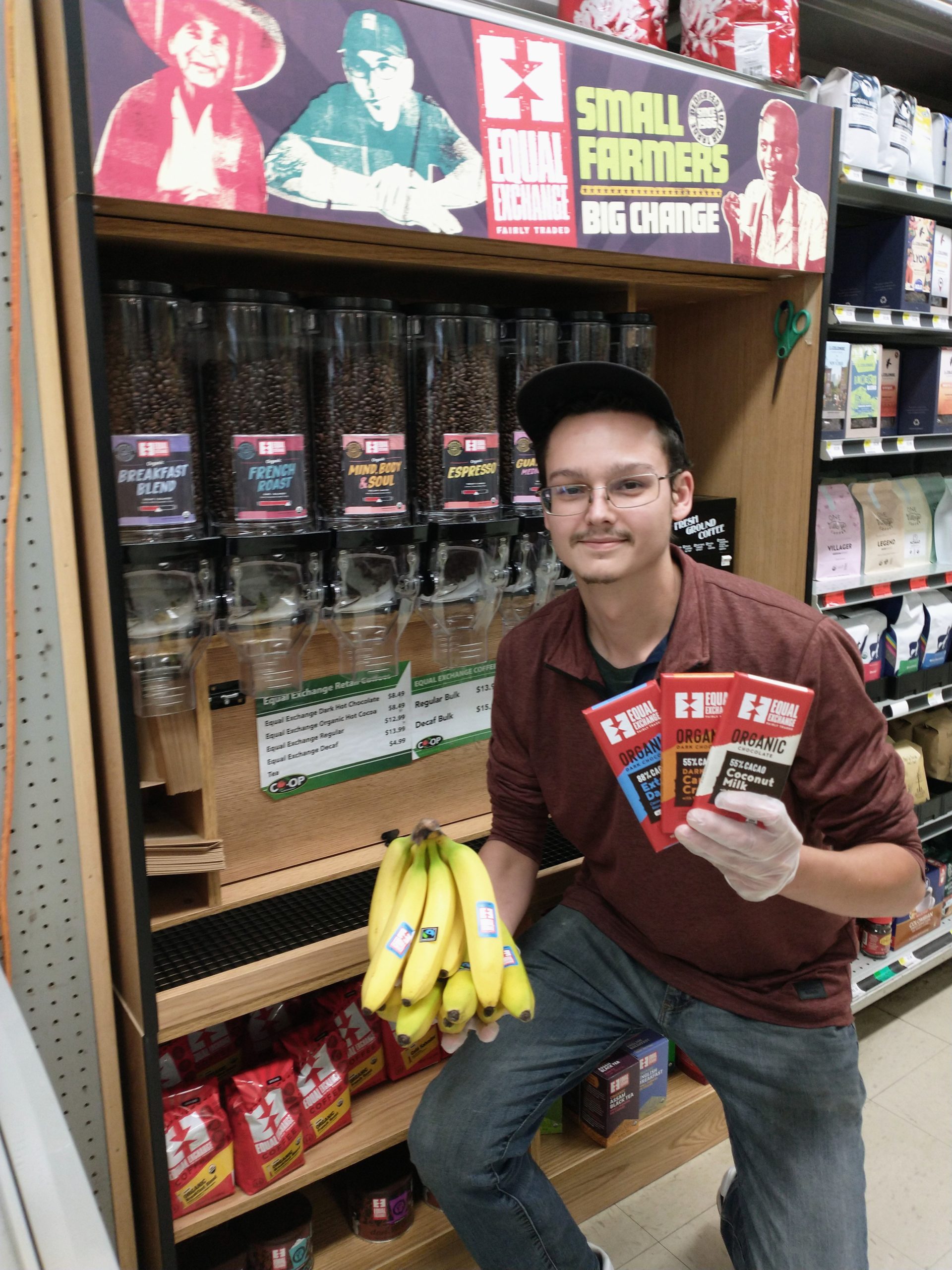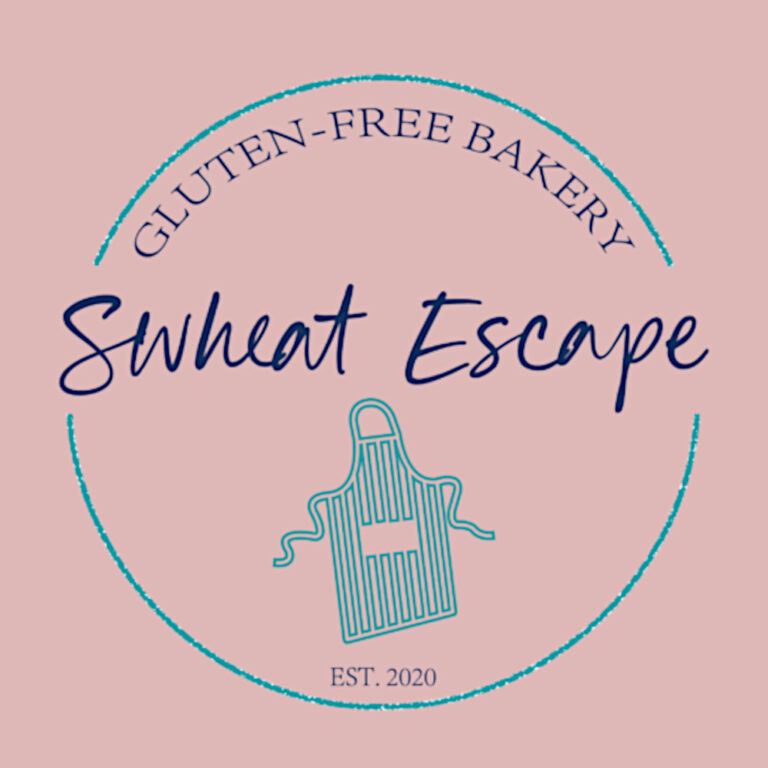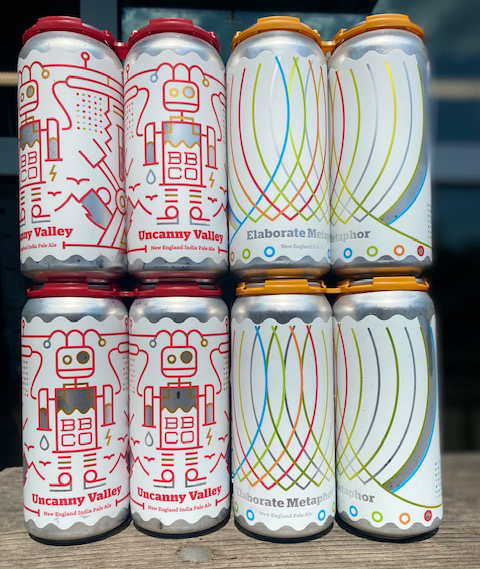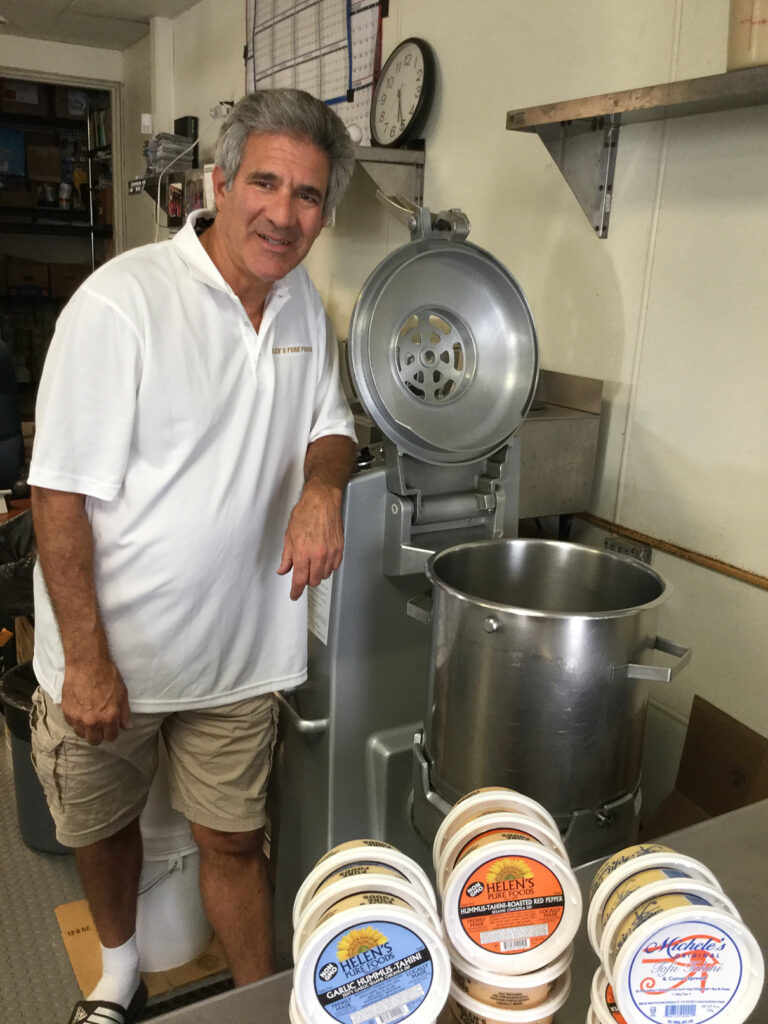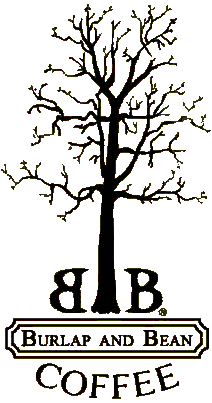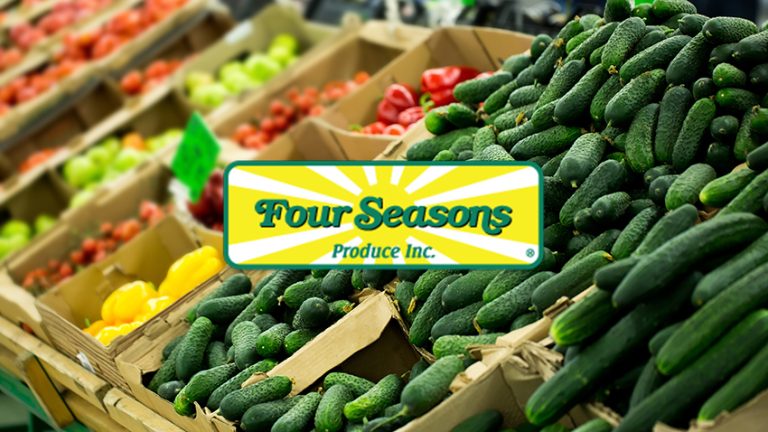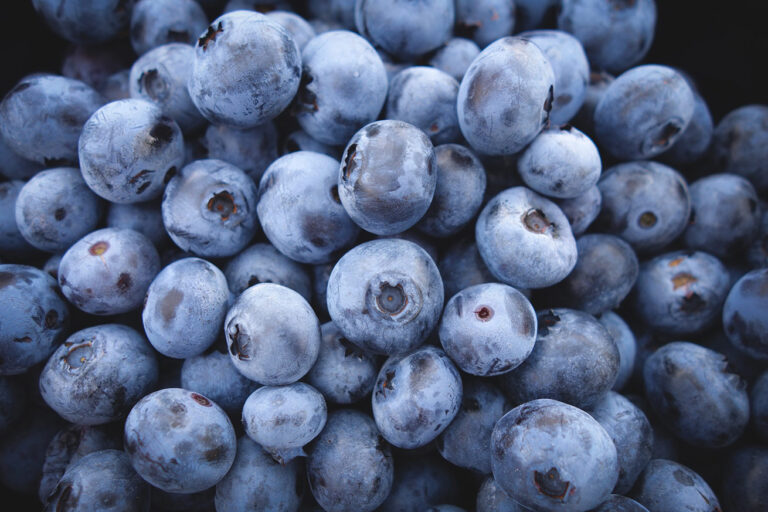Founded in 1989 when three managers at a New England food Coop envisioned an alternative trade between people and farmers that was based on fairness, transparency, democracy, and cooperation. They set out to become an organization for social change that would empower farmers and their families to gain more control over their economic futures, educate consumers about trade issues affecting farmers, provide high-quality foods, and become a global community of dedicated individuals who believe that honesty, respect, and mutual benefit are crucial to any worthwhile endeavor. Equal Exchange was born when the founders made the controversial decision to import coffee produced by smallholder farmers in Nicaragua – despite the embargo placed on the country at the time. By 1991, Equal Exchange became part of the European Free Trade network – aligning with groups that were at least a decade ahead of what was happening in the U.S. Years of difficult work forming connections with democratic farming communities and fighting policies that overwhelmingly supported free trade between enormous corporations finally resulted in the company turning a profit and growing. In an industry dominated by large-scale plantations, Equal Exchange established markets for smallholder coffee, tea, cocoa, and banana farmers while improving their livelihoods by allowing them to command a fair price for their specialty products. When the first system of Fair Trade product certification was launched in 1998, Equal Exchange was already far ahead of the curve and establishing their brand nationwide.
Today, Equal Exchange is a thriving model of Fair Trade that has exceeded the original vision. Not so long ago, the specialty coffee industry dismissed a vision of more equitable relationships with farmers as unrealistic. Today there are some 400 coffee companies purchasing at least a small portion of their coffee under Fair Trade terms but the growth of Fair Trade has not come without profound challenges. The acceptance of large plantations and corporations such as Nestlé into the Fair Trade labeling system calls into question the very underpinnings of the certification. Despite successful growth of an alternative trade market, most small-scale farmers around the world remain impoverished and at the mercy of volatile and complex commodity systems. Most small farmers receive less than 1% of the value for what they produced with large companies taking the largest slice of the pie. Purchasing Equal Exchange products not only offers excellence in quality but also the knowledge that your consumer dollars are going directly into the pocket of the farmer. These values align with our ethos at the Swarthmore Coop and we are proud to carry Equal Exchange coffee, chocolate, and bananas in support of smallholder farming communities around the world.
